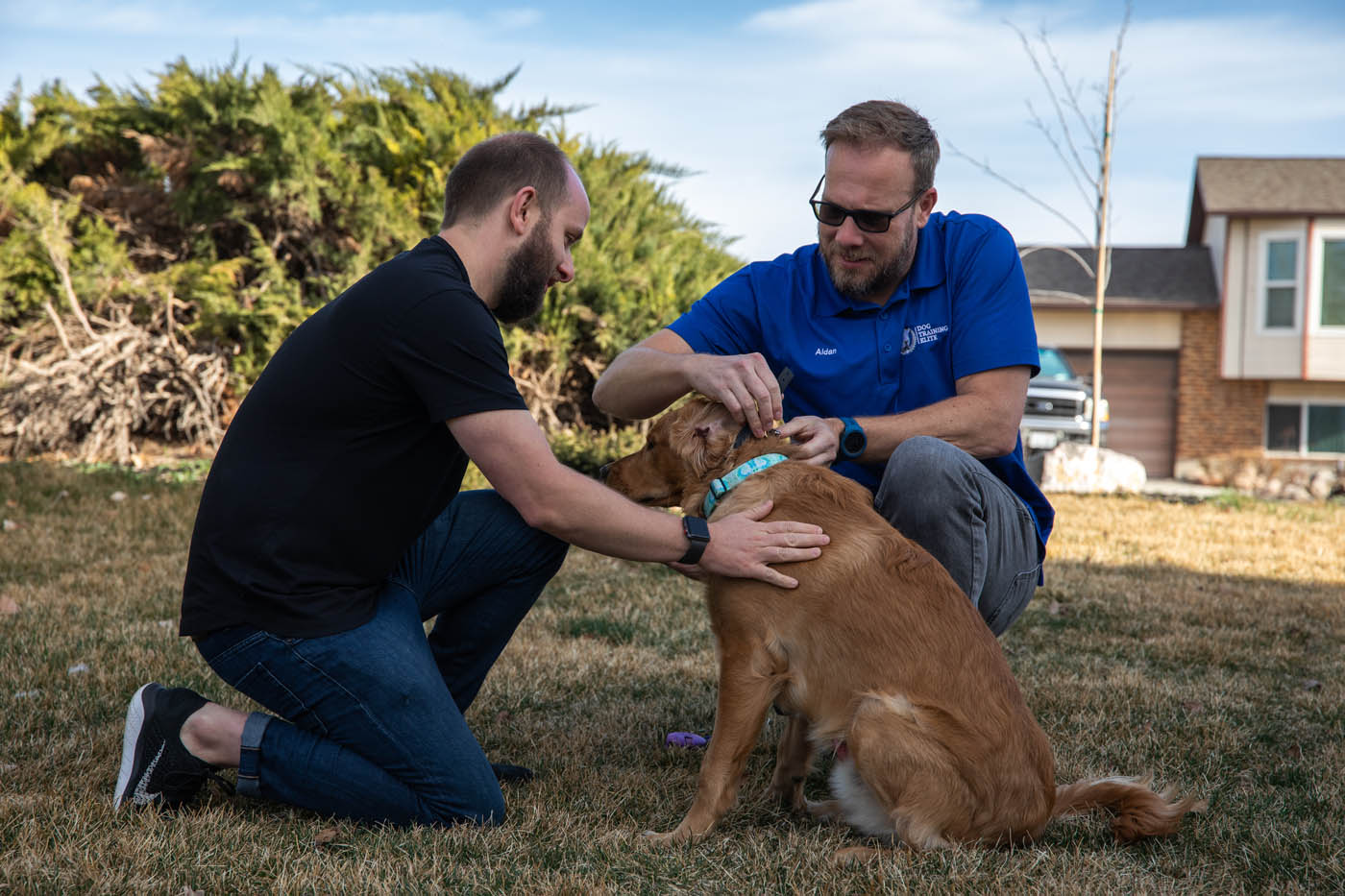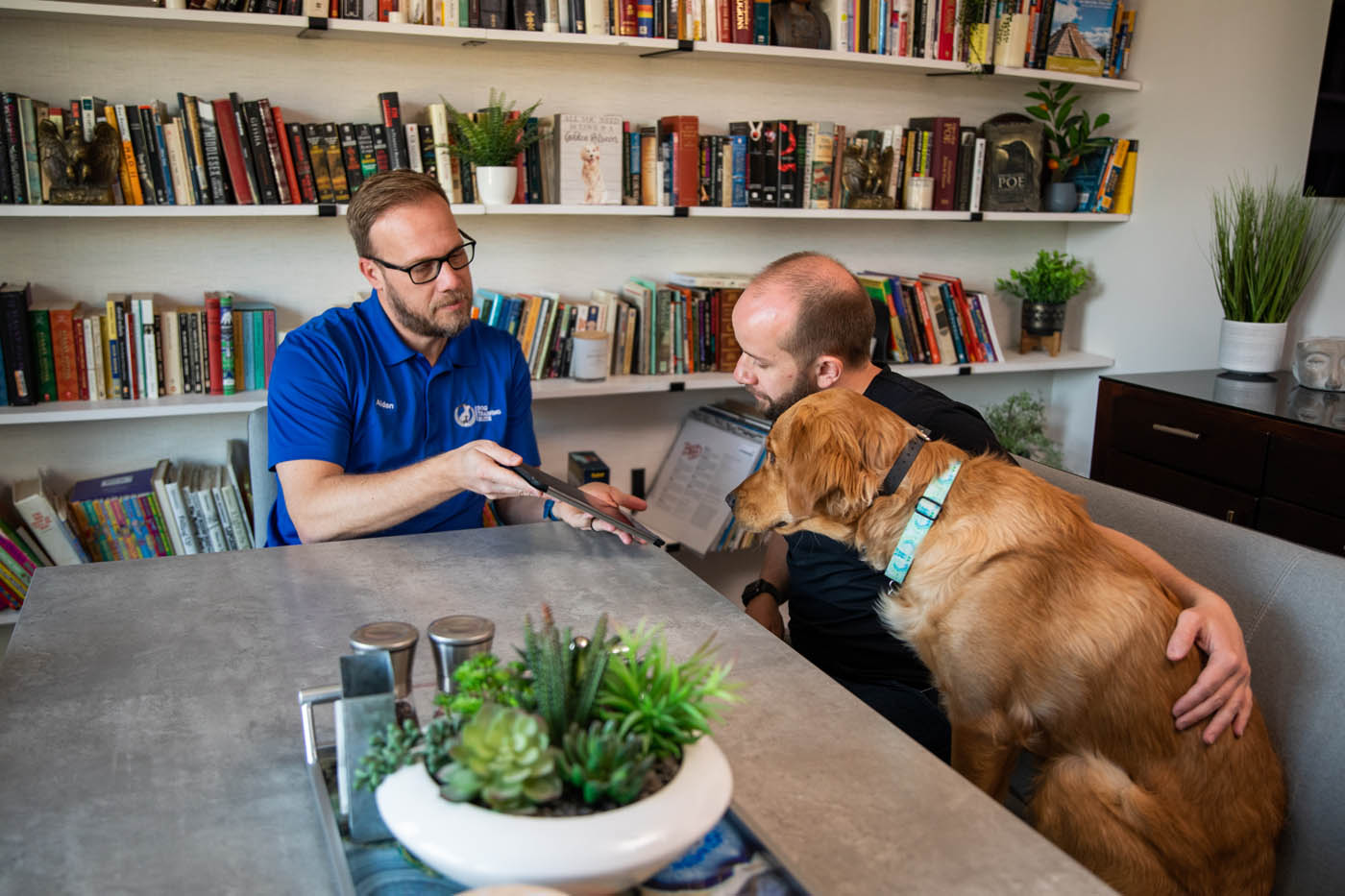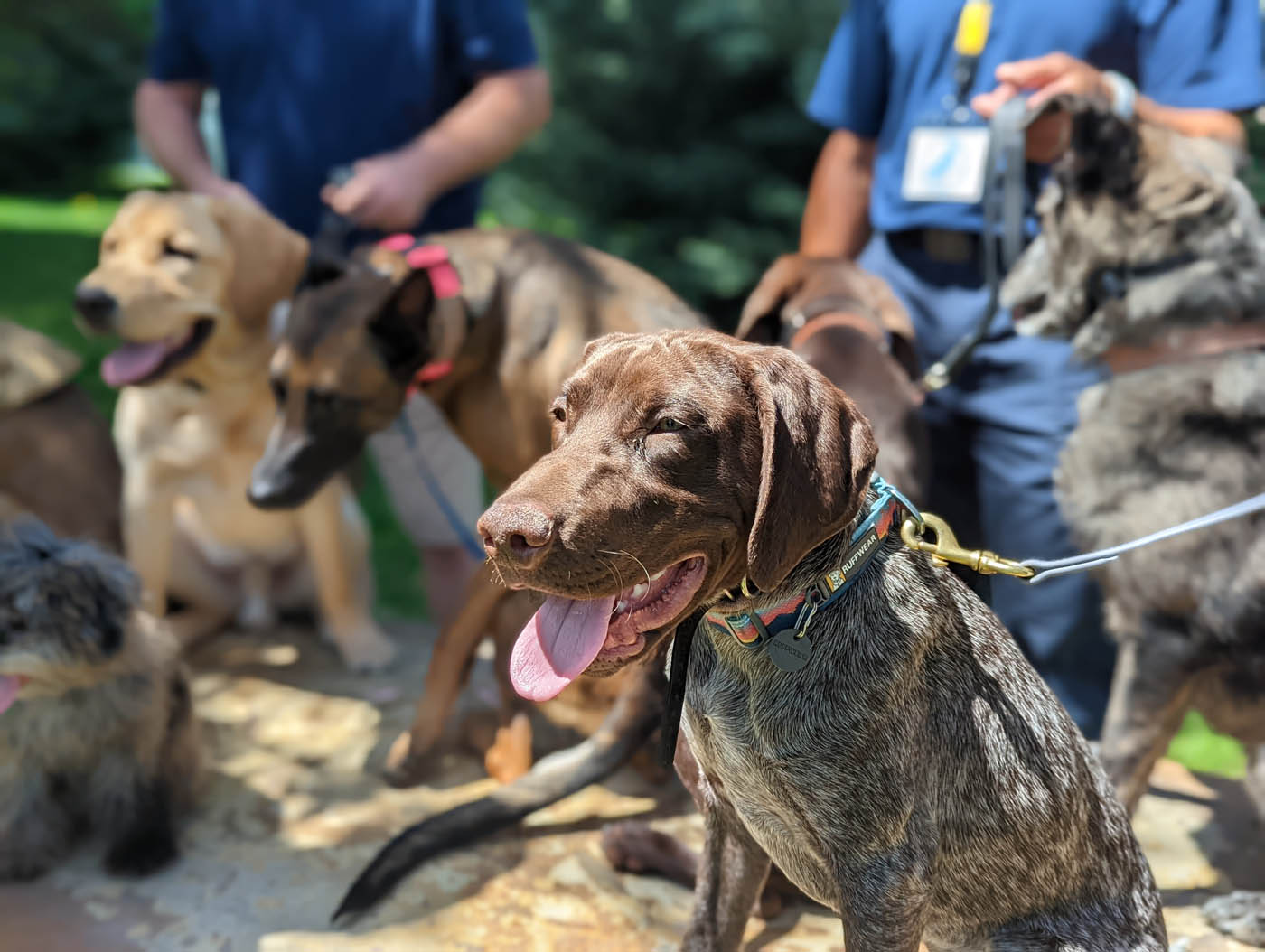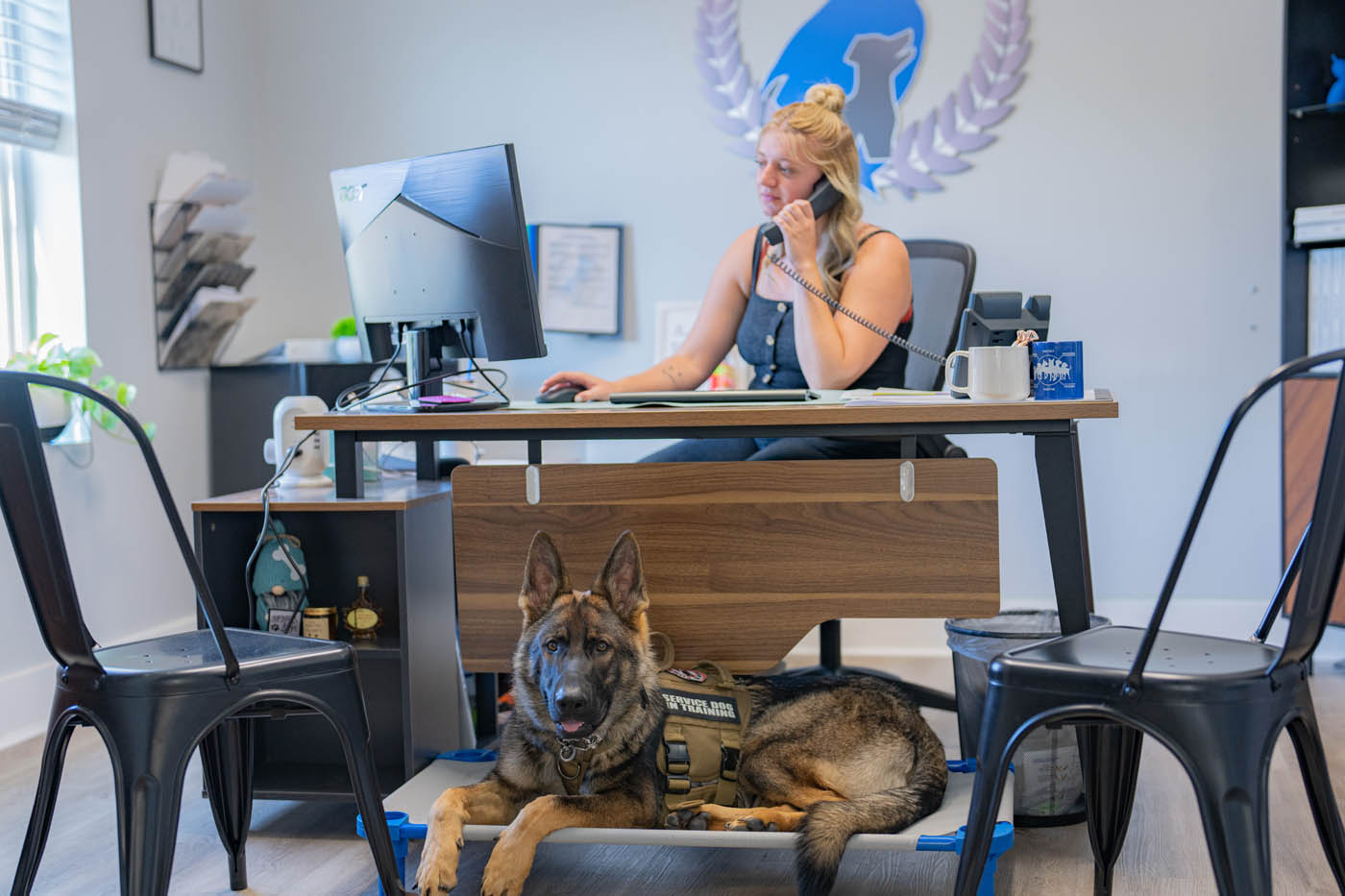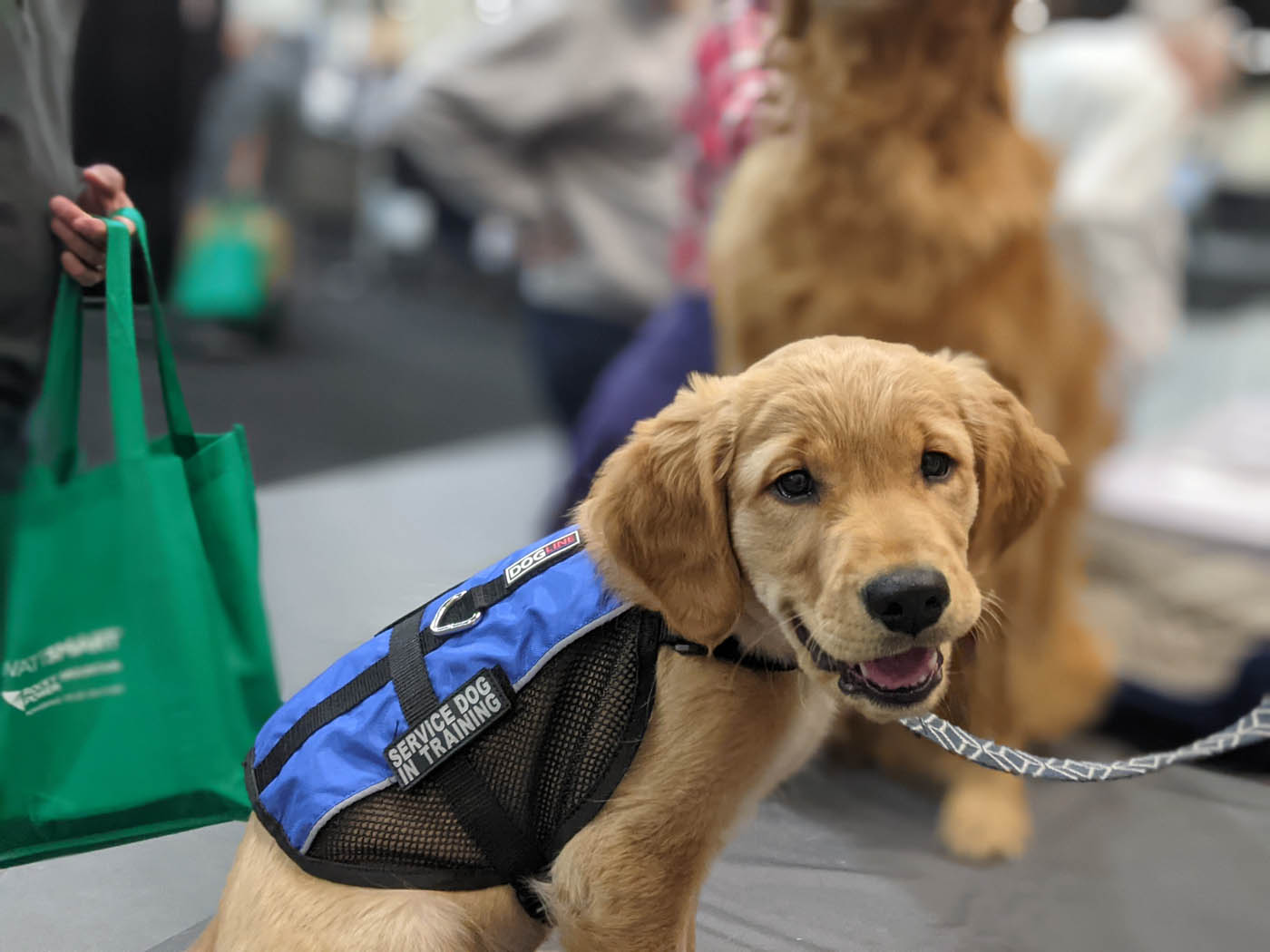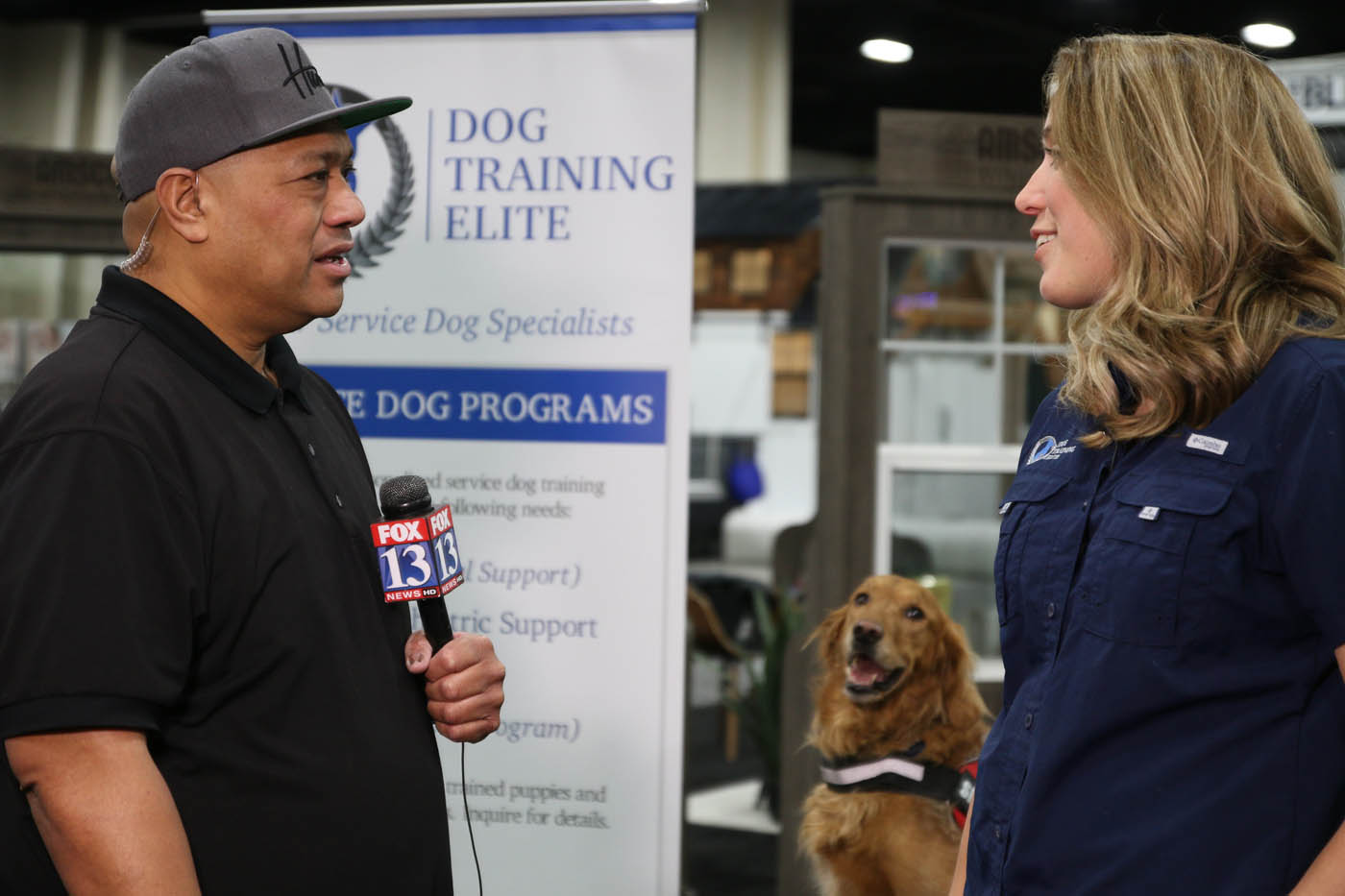Toxic Plants to Avoid: Keeping Your Canine Companions Safe in the Garden
March 13, 2024
Gardening is a joyful hobby for many, but when you have furry friends roaming your backyard, it's crucial to be aware of which plants could pose a risk to their health. At Dog Training Elite Worcester, we emphasize the importance of creating a safe environment for your pets. In this guide, we'll explore toxic plants to dogs and share tips to keep your dogs safe, even if you choose to have these plants in your garden.
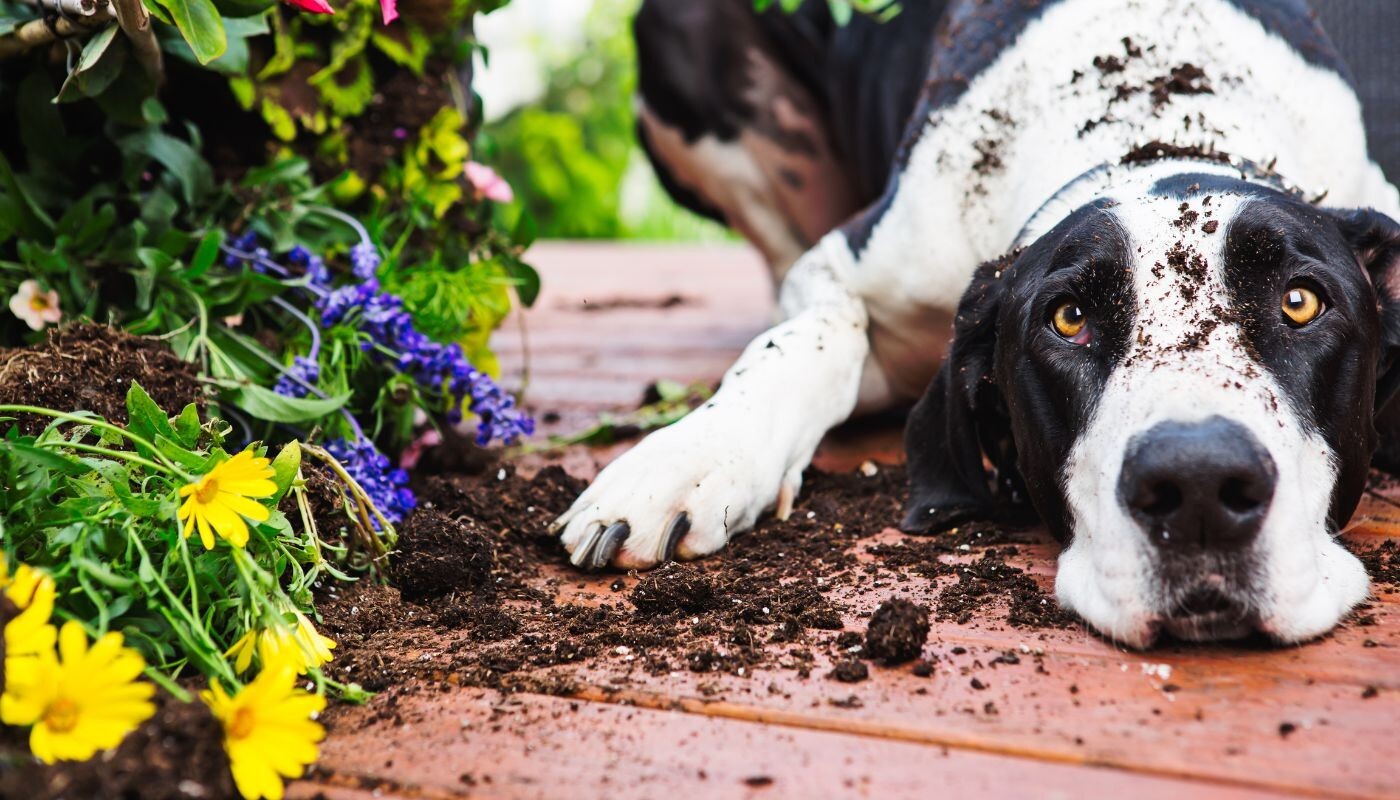
Understanding the Risk
Gardens, while beautiful and serene, can host a variety of plants that are toxic to dogs. Dogs, being naturally curious, may chew on plants, posing a risk of poisoning. Recognizing the common toxic plants and taking measures to either remove them or prevent access is crucial for pet safety.
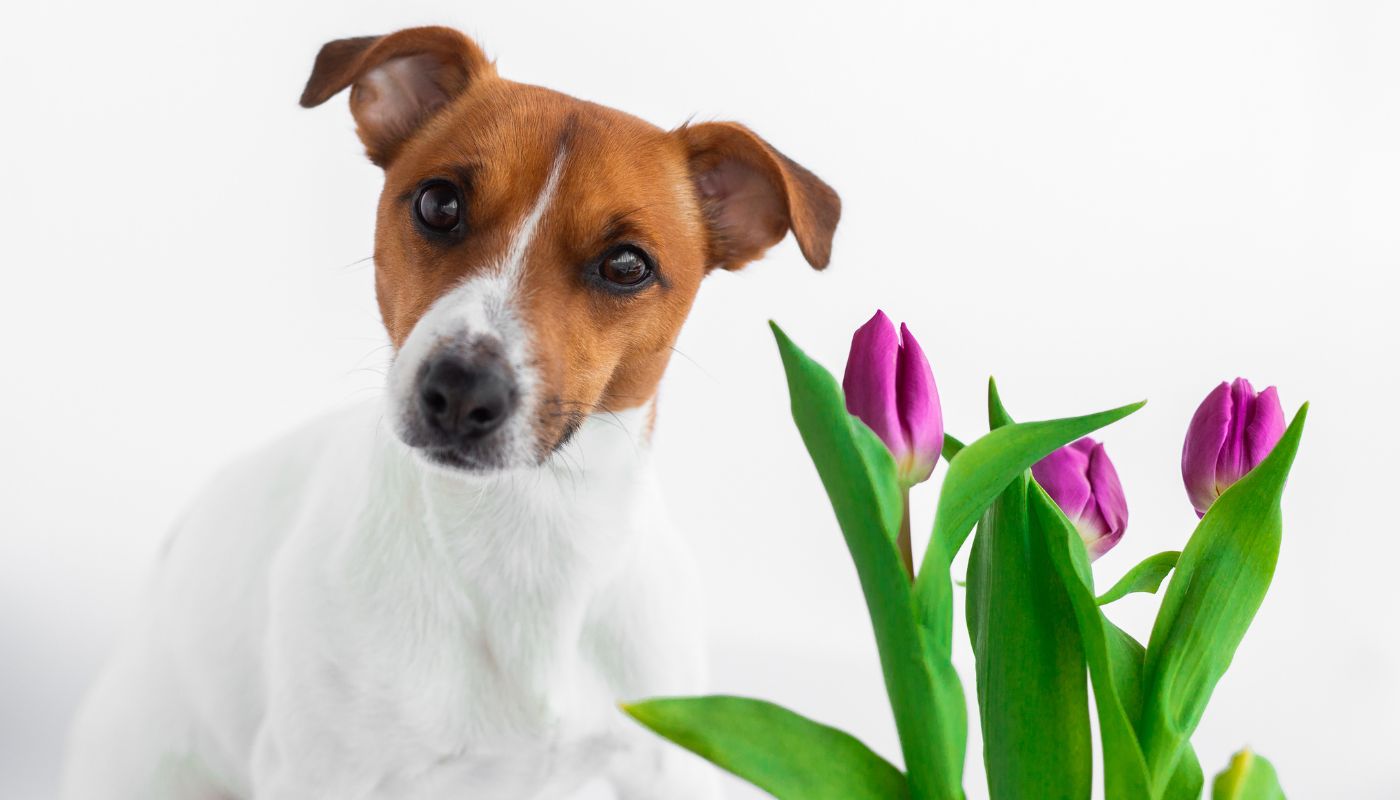
What Plants are Toxic to Dogs?
Several plants pose a risk to our canine friends. Among these, the ASPCA lists numerous species , including but not limited to:
- Sago Palm (extremely toxic, can cause liver failure)
- Lilies (various types can cause kidney issues in cats, gastrointestinal upset in dogs)
- Tulips and Hyacinths (toxic, primarily the bulb)
- Azaleas and Rhododendrons (can cause vomiting, diarrhea, coma)
- Dieffenbachia (can cause oral irritation, nausea, vomiting)
- Autumn Crocus (can cause severe vomiting, gastrointestinal bleeding, liver and kidney damage)
- Oleander (can cause vomiting, heart issues, death)
- Castor Bean (can cause severe vomiting, diarrhea, seizures, death)
- Cyclamen (can cause vomiting, gastrointestinal distress, heart rhythm issues)
- Kalanchoe (can cause vomiting, diarrhea, heart arrhythmias)
This list is not exhaustive, and the severity of the reaction can vary based on the amount ingested and the size of the dog. Contact your vet if you think your dog may have eaten any of the foliage or is exhibiting signs of distress.
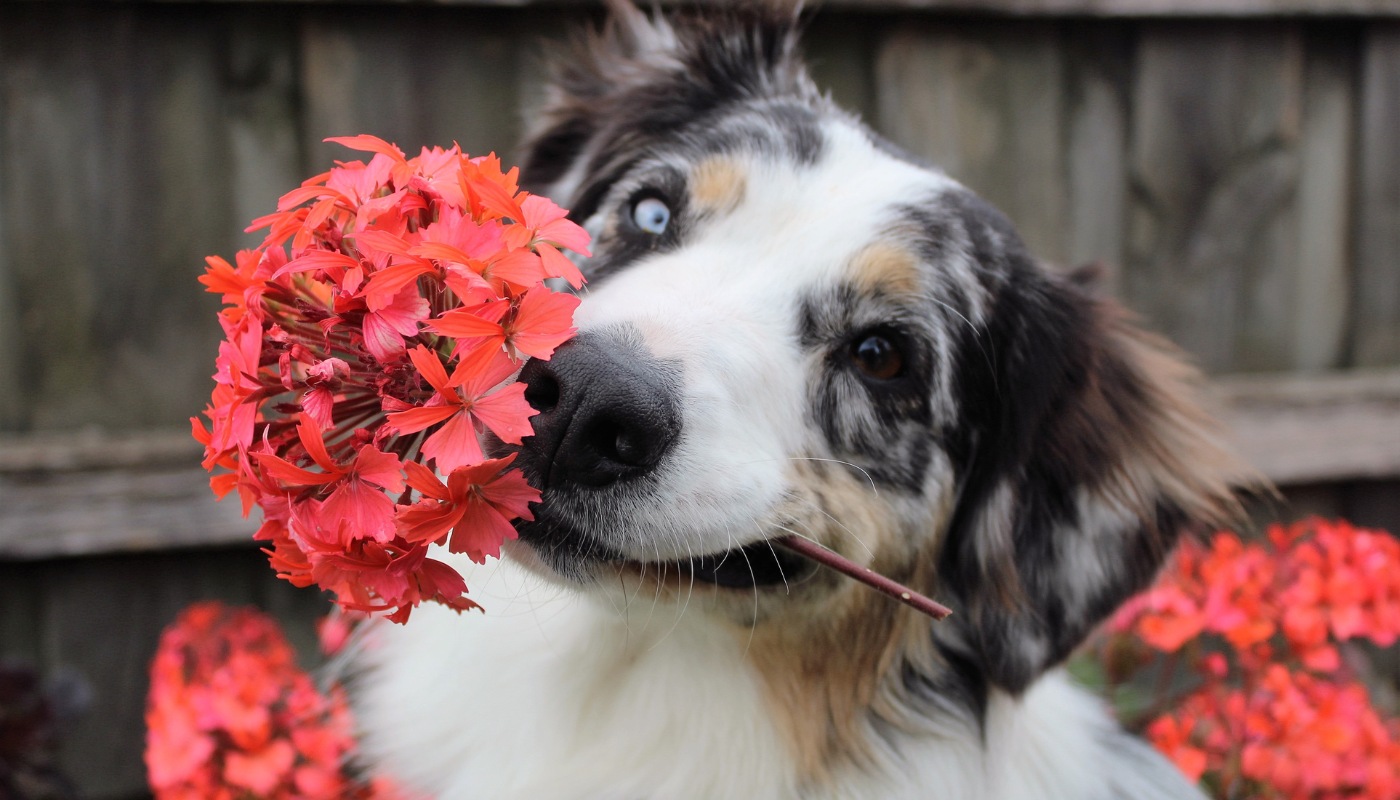
Keeping Dogs Safe
Ensuring your dog's safety involves vigilance and preventative measures:
- Know Your Plants: Familiarize yourself with the plants in your garden and home and ensure they are safe for pets.
- Training and Supervision: Training your dog to avoid certain areas or not to chew on plants can help prevent accidental ingestion. Obedience training, including commands like "leave it," can be invaluable.
- Safe Alternatives: Consider planting dog-safe alternatives. Petunias, for example, are a non-toxic, vibrant flower option for gardens.
- Barriers and Enclosures: Physical barriers can help prevent access to areas with toxic plants.
- Discuss with Your Vet: If you want to grow any potentially toxic plants around your home, discuss with your veterinarian what you should do if your pet ingests any of the plants.
Expert Guidance from Dog Training Elite Worcester
At Dog Training Elite Worcester, we understand the importance of a well-trained dog for the safety and well-being of both the pet and the family. Our obedience training programs are designed to teach basic commands and foster a deeper understanding and respect between you and your canine companion. Whether it's through in-home dog training or at our facility, we focus on positive reinforcement techniques to encourage good behavior.
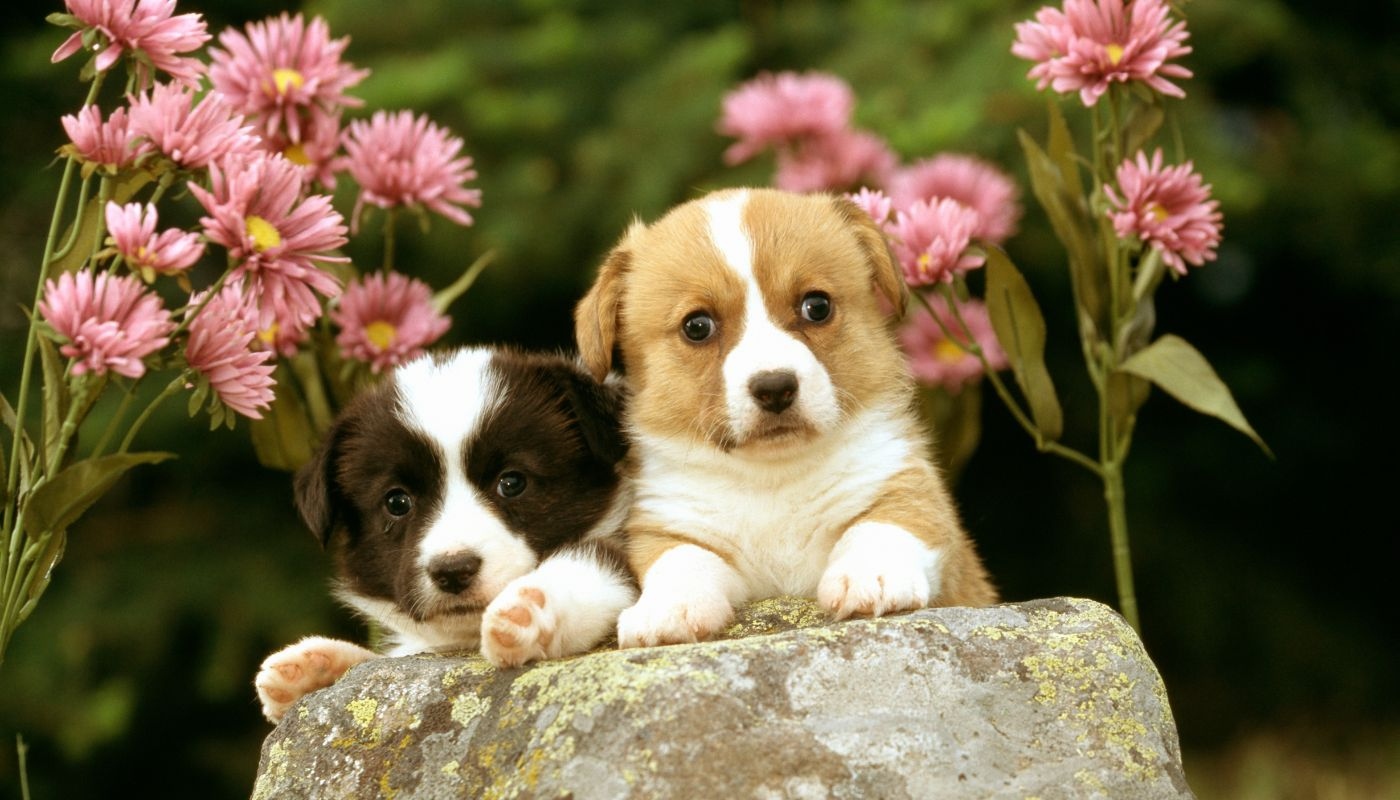
Let's Grow Together
Ensuring your garden is a safe haven for your dog requires knowledge, vigilance, and sometimes training. By understanding what plants are toxic to dogs and implementing strategies to keep dogs safe, you can enjoy the beauty of your garden without worry. Ready to learn more about keeping your canine companion safe and well-behaved? Contact Dog Training Elite Worcester to schedule your free assessment and discover how we can help or start your dog's training journey today.
Creating a safe environment for your pets doesn't stop at the garden's edge. With the right knowledge and training, every day can be a safe adventure for your canine companion.
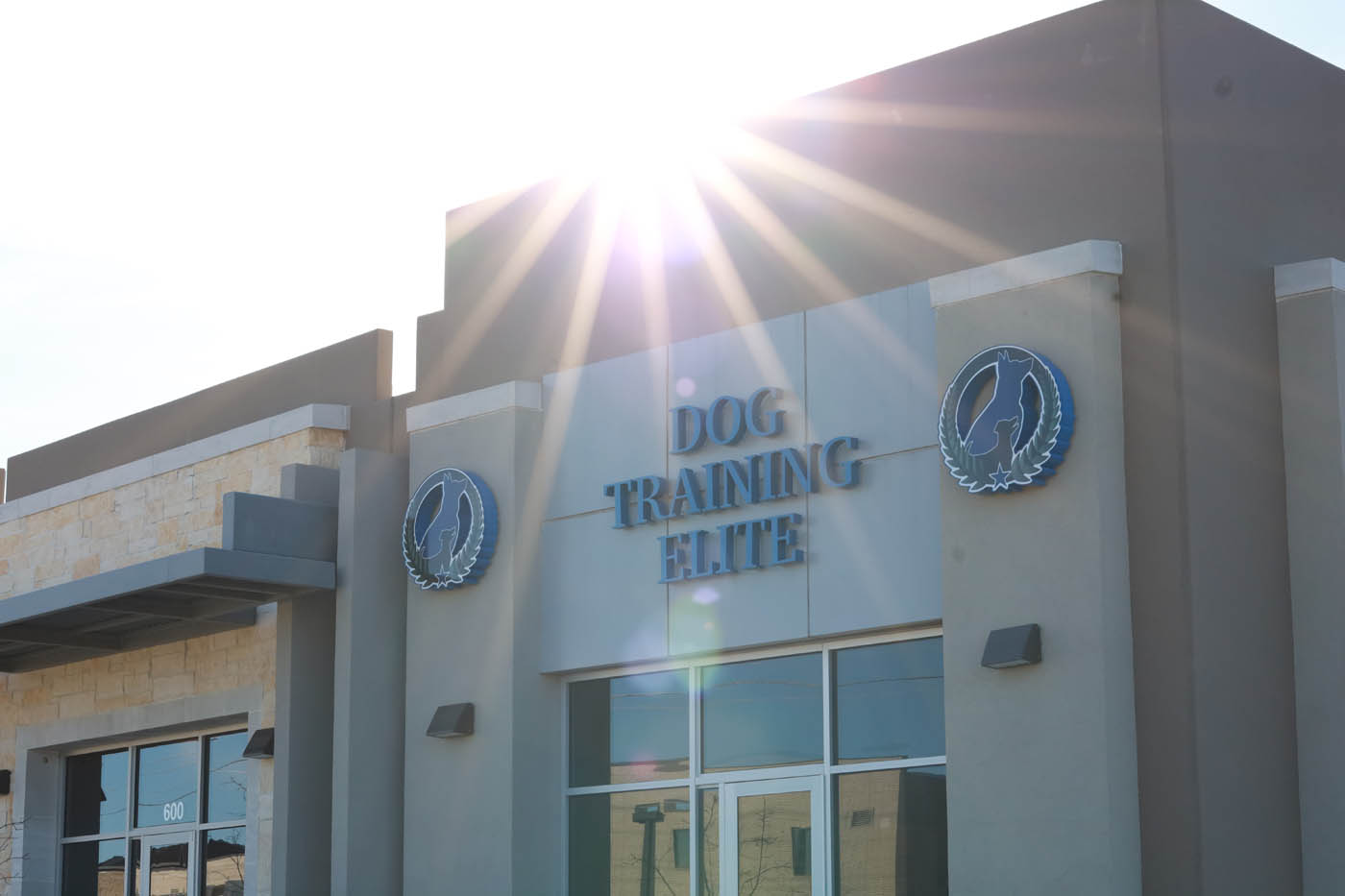
Dog Training Elite Worcester
Get Your Free Assessment
You and your canine companion really can have it all. See how easy it can be to become a member of the elite pup society by requesting a free consultation today!
